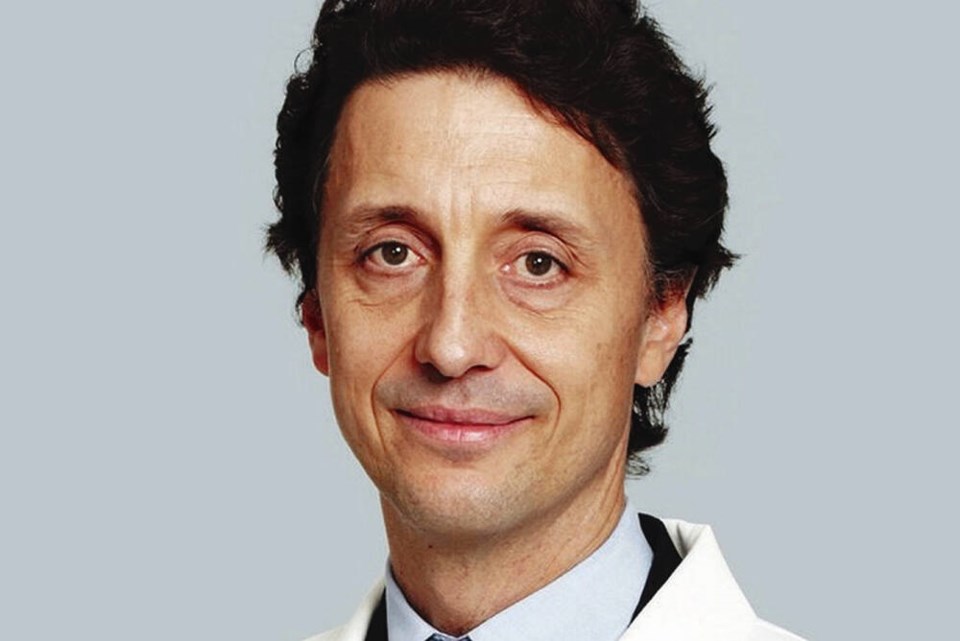It would be very smart to get a COVID shot before you go, ideally at least two weeks ahead but no more than three months ahead.

Dear Dr. Roach:My husband and I will be travelling to the United Kingdom in July and will be on a ship with about 700 passengers. We are wondering whether it would be smart (or unnecessary) to get a COVID booster before the trip.
We are both in our late 60s and have had all of the available COVID shots. (The last one we received was on Oct. 10, 2024.)
I have mild asthma, and we both have BMIs of about 30 with no other health issues.
There is so much information and misinformation on these vaccinations, so I would appreciate your educated opinion.
O.W.I.
In my opinion, it would be very smart to get a COVID shot before you go, ideally at least two weeks ahead but no more than three months ahead.
The vaccine takes about two weeks to work and gives its best protection for about three months.
At the time of this writing, a new strain (NB.1.8.1) is rapidly spreading in other countries and in North America. It would be very prudent for you both to get the vaccine, especially given your risk factors of being over 65, a little overweight and, in your case, mild asthma. You may very well be exposed on a cruise ship, which is where some of the earliest COVID cases came from.
Dr. Roach writes:Quite a few readers are asking me about a recent very high-profile case of advanced prostate cancer — former U.S. president Joe Biden — and how this could have happened.
I don’t know what the screening was like for former president Biden.
Although I have read reports that he was not being screened, I am not confident that I know enough to have an opinion on the appropriateness of the screening strategy used in his case.
I answer from my knowledge on the biology of prostate cancer, which is that not all prostate cancers can be caught through screening. A PSA level can be low even with advanced cancer. Also, some prostate cancers can grow very quickly in between screenings. These would both be uncommon, however.
Screening does reduce the risk of death from prostate cancer, but does not eliminate it. Prostate cancer death rates have decreased by about half in the U.S., partly from screening and partly due to improvements in medical, radiological and surgical treatment.
Readers may email questions to[email protected].